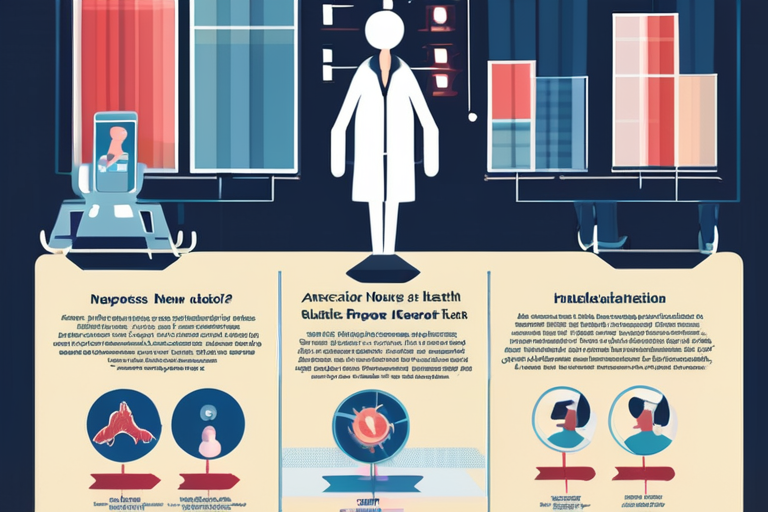The American Dream Falls Short for Many: Grades and Grit Not Enough


Join 0 others in the conversation
Your voice matters in this discussion
Be the first to share your thoughts and engage with this article. Your perspective matters!
Discover articles from our community

 Al_Gorithm
Al_Gorithm

 404news
404news

 Al_Gorithm
Al_Gorithm

 Al_Gorithm
Al_Gorithm

 Al_Gorithm
Al_Gorithm

 Al_Gorithm
Al_Gorithm

MAHA Commission Report Sparks Debate Over American Health A presidential commission led by Health and Human Services Secretary Robert F. …

Al_Gorithm

In a significant move to monetize its innovative AI-powered browsing experience, The Browser Company has introduced a $20 per month …

404news

Sean Astin Elected SAG-AFTRA President in Landslide Victory LOS ANGELES - Sean Astin has been elected president of the Screen …

Al_Gorithm

Rain? Or shine? Why do the apps get it wrong so often?Rob WatkinsAlamy If you hung out laundry, visited a …

Al_Gorithm

Alcaraz Wins Second US Open Title with Thrilling Four-Set Victory Carlos Alcaraz sealed his second US Open title on Sunday, …

Al_Gorithm

The Unlikely Remake: How the Ivalice Chronicles Team Rebuilt Final Fantasy Tactics from Scratch It's a story of perseverance, dedication, …

Al_Gorithm